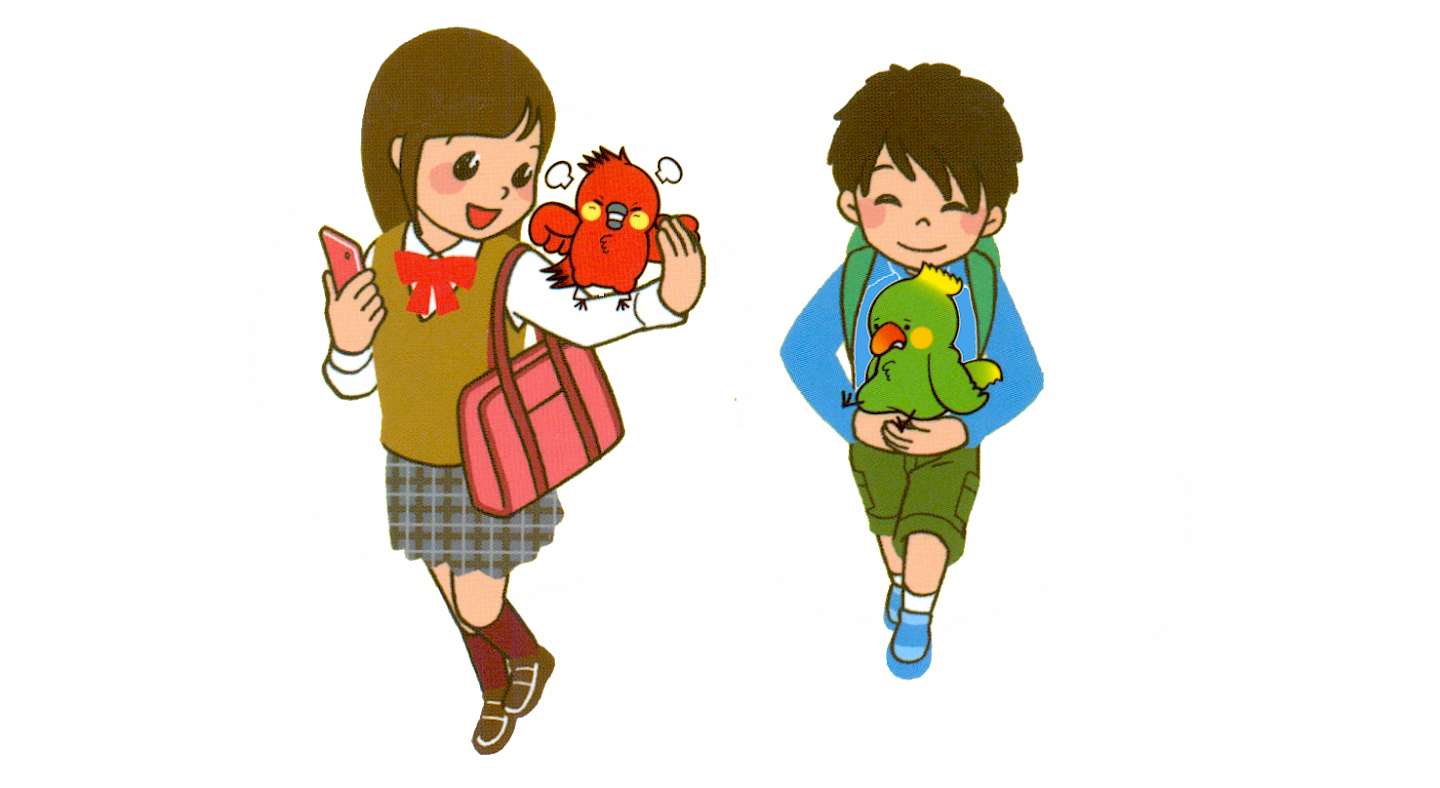SPARK Resilience in Japan

SPARK Resilience, the positive psychology programme that we plan to adapt for 10 – 12 year-olds, has already been running in Japan for a few years, so Caroline went to meet Hiromi Imamura, director and trainer at the Japan Positive Education Association to hear about their experience of the programme.
There is no word in Japanese for ‘resilience’, so Hiromi explained that teachers need some time to understand the concept. She uses images such as a tree that bends in a storm, but has strong enough roots to revive afterwards. Because this was a new idea in Japan, the programme attracted the attention of a TV company, and the resulting publicity gave a big boost to the programme.
Japanese SPARK has been adapted for a variety of age groups, from ten upwards, but is often run with teenagers. The school we visited ran it with 16 year-olds who were going to study for a year overseas, an experience which most of them found very challenging.
Even older children enjoy the cute illustrations of the parrots which represent the different messages we give ourselves to interpret situations. They learn how the SPARK cycle – Situation, Perception, Affect, Reaction and Knowledge – can be challenged and changed to cope with different scenarios and help ourselves feel better. They also learn how to build their ‘Resilience muscles’ – ‘I am’, ‘I have’, ‘I can’, ‘I like’ – to build self-esteem and bounce back from difficult situations. JPEA’s research showed significant increases in self-esteem, self-efficacy and resilience, with those lowest on the scales at pre-test making the most progress.
We’re currently looking at how we can best adapt the programme for younger children, and will keep partners up to date as we progress with this latest addition to the PfC programmes.